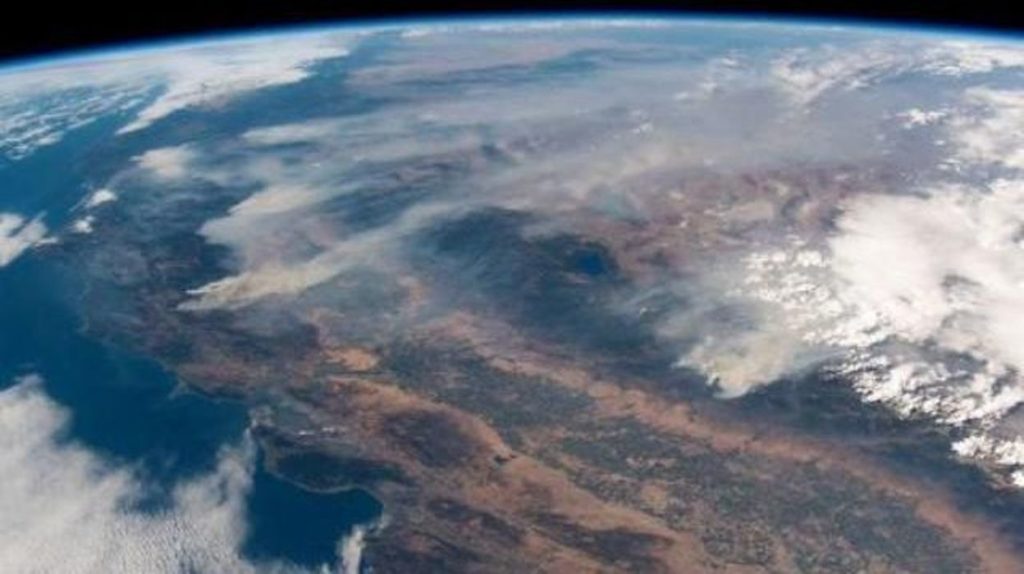Global warming will have the effect of increasing the chance of armed conflict, according to a group of researchers including a team from the University of Antwerp.
Global warming, the study admits, has less of an effect on the situation that, for example, socio-economic circumstances and the effectiveness of the state. Nevertheless, in some circumstances, global warming could double the risk of armed conflict within a state.
Over the past 20 years, according to the study – which is published in the latest edition of the journal Nature – climate change has had an influence of between 3% and 20% of armed conflicts. An increase of 4 degrees Celsius on global temperatures would increase the existing risk fivefold, according to UAntwerpen professor Jean-François Maystadt.
“Even in a scenario where warming is limited to 2 degrees compared to the pre-industrial era – the goal of the Paris climate accords – the impact of the climate on conflict would more than double.”
Maystadt is a lecturer in the university’s Institute for Development Policy. “It’s difficult to apply exact figures, but it’s clear that climate has had an effect on organised armed conflicts in preceding decades,” he said in a statement. “Historically, the development of armed conflicts was influenced by economic shocks and the presence of natural raw materials, certainly in polarised and institutionally weak societies,” he said. “Changes in international relations between states also played a major role.”
Climate change would affect the risk of conflict in a number of ways: the effect on agriculture and on the economy in general, and on inequalities between socio-economic groups. To combat the problem, the study recommends a multidisciplinary strategy of risk management, better management of agricultural harvests, storage of crops and better measures to ensure food security.
Alan Hope
The Brussels Times

